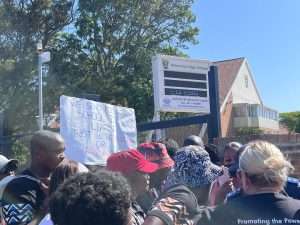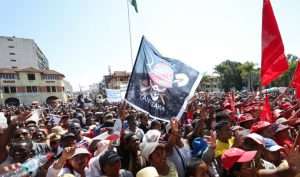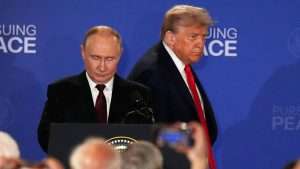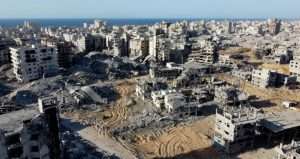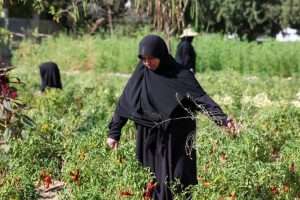Senegal’s anti-corruption crusade bags another ex-Minister
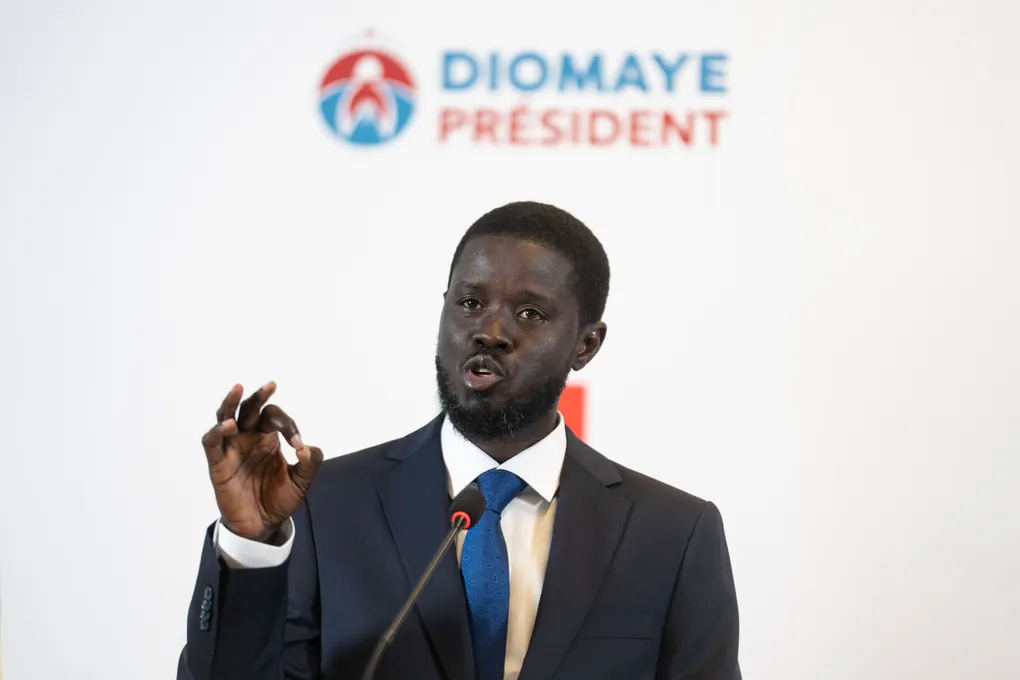
Senegal’s anti-corruption crusade is gaining momentum, with the country’s entrenched elites increasingly under fire. As President Bassirou Faye, makes good on his campaign promises, critics argue the move could redraw Senegal’s political map.
On May 26 Amadou Mansour Faye, former minister of community development and brother-in-law of ex-president Macky Sall was indicted for embezzling more than $4.6 million in public funds, reports Africa News.The High Court of Justice, Senegal’s special tribunal for crimes committed in office, denied him bail and ordered his detention, according to his lawyer.
Faye is now the fifth high-ranking figure from the previous Sall regime to face charges since President Bassirou Diomaye Faye took office in April 2024.
The crackdown has moved fast. Following an inquiry that revealed rampant corruption under the previous government, two other former ministers were jailed earlier in May.
Moustapha Diop, the ex-development minister, was accused of siphoning $4 million from the Covid-19 relief fund, and Aissatou Sophie Gladima, ex-mines minister, was charged with misappropriating $330,000 meant for miners affected by the pandemic.
President Faye came to power on a wave of anti-Western and anti-elite sentiment and his landslide victory against Macky Sall was widely hailed as a triumph for democracy. He vowed to root out corruption, loosen ties with European powers – notably, Senegal’s former colonizer, France – and create jobs for the country’s frustrated youth.
However, a year on, the realities of Senegal’s landscape seem to have sobered those ideals.
While some of his promises, like price controls on basic foods to ease the cost of living, have survived, he is increasingly cornered into more conventional territory. He has announced plans to raise taxes, cut funding to the public sector, and slim subsidies.
His corruption clean-up is therefore a much-needed victory. The Faye administration has long blamed the country’s stalled progress on Sall’s legacy, especially regarding public funds. A February audit found that the budget deficit for 2023, the last year Sall was in power, was 12.3% of gdp, not the previously reported 4.9%, and that public debt was a huge 99.7% of gdp.
While Sall denies any wrongdoing, the IMF confirmed the report’s finding during a visit in March.
While some critics have raised concerns about the political motivation of the round-up, the government has stood firm that “no one is above the law.”
Africa News/ Maghrebi
Want to chase the pulse of North Africa?
Subscribe to receive our FREE weekly PDF magazine





